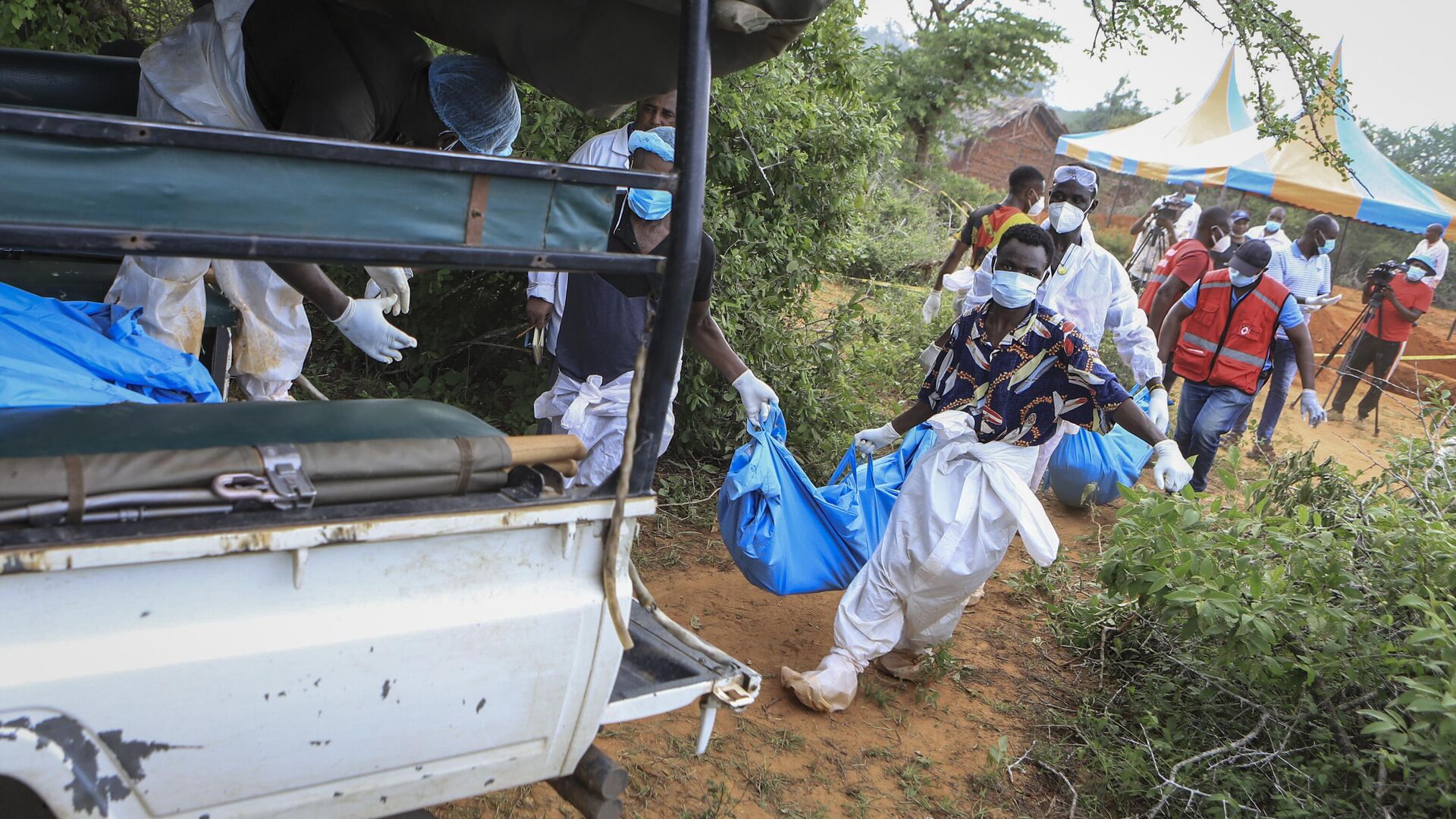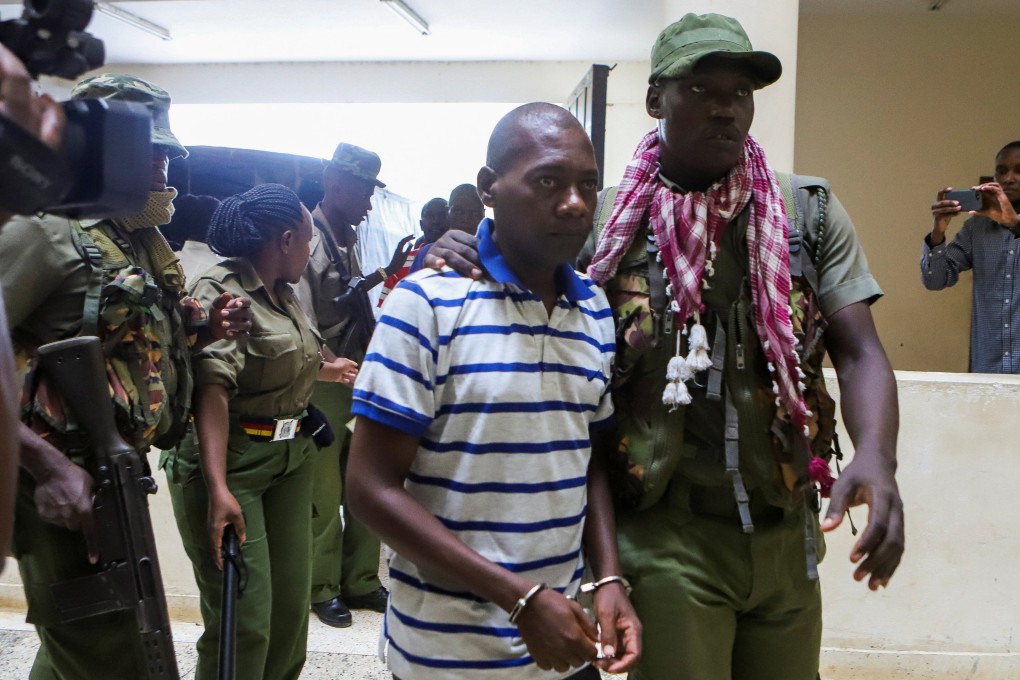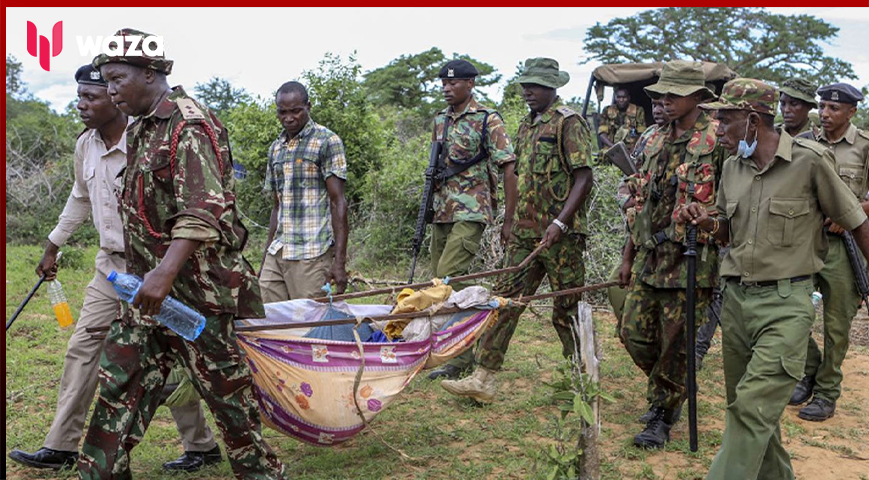If you suspect a missing loved one may have fallen victim to the Shakahola cult activities but are still awaiting identification, the wait could take longer.
The Kenya National Commission on Human Rights (KNCHR) has revealed that the government chemist, responsible for DNA matching of victims with families, is underfunded, delaying the process significantly.
"Less than 10% of the bodies have been identified and handed over to families for dignified burials according to their cultural and religious beliefs," the commission stated.
So far, KNCHR has documented 448 deaths, while over 600 people remain missing. Unfortunately, many DNA results have been negative, crushing the hopes of families seeking closure.

The Shakahola tragedy came to light in 2023 after mass graves were discovered in the forest. Investigations linked the deaths to Pastor Paul McKenzie's Good News International Church, implicated in what is now known as the Shakahola Forest Massacre. The 800-acre forest is part of Chakama Ranch in Kilifi County. McKenzie and several church members are currently facing criminal charges.
For families like Roselyne Anyango's (name changed), the search has been grueling. Her sister, Jane, last visited the family in Alego in December 2019 before returning to Kilifi in January 2020. They lost contact with her in early 2021.
"Jane was deeply involved in a church preaching end times and heaven, and I suspect it was Paul McKenzie's," Anyango said. Despite several visits to the morgue, Jane’s body has not been identified. "My parents are overwhelmed by the endless wait to bury her and move on."

Similarly, John Koech has been searching for his brother, William Cheboi, a high school teacher who joined a mysterious church and vanished. A body resembling his brother’s was recovered, but the DNA process has been slow and costly. "The DNA testing is more painful than searching for the body itself," Koech said, noting that his family has repeatedly contributed funds to sustain the search.
KNCHR Commissioner Prof. Marion Mutungi criticized the government's poor prioritization. "The government chemist falls under the Interior Ministry, which has a significant budget. Allocating resources to finalize this process would save on the high costs of preserving bodies and provide families with relief," she said.
KNCHR added that implementing the National Coroners Service Act, 2017, could have streamlined investigations, enhanced accountability, and eased the burden on families.









